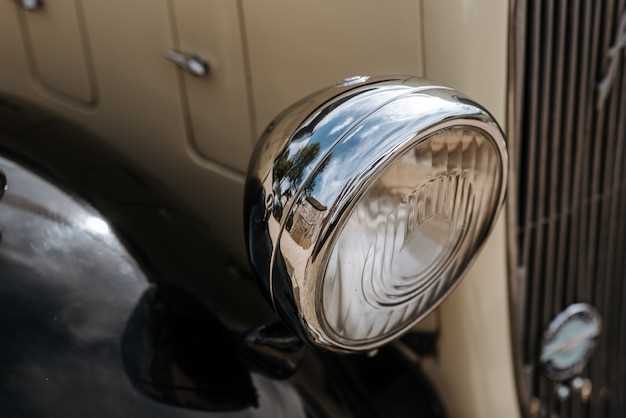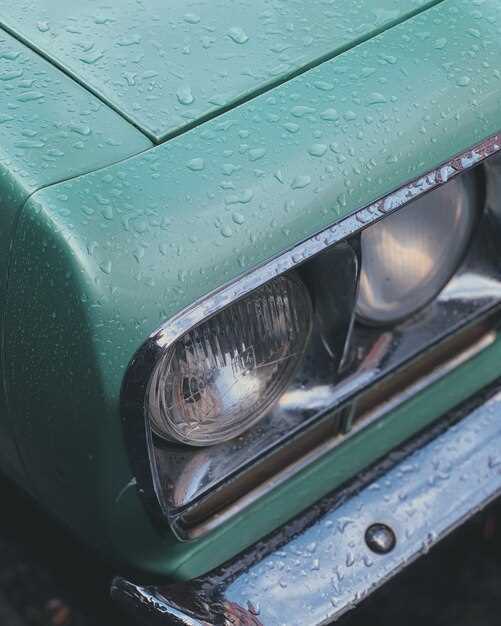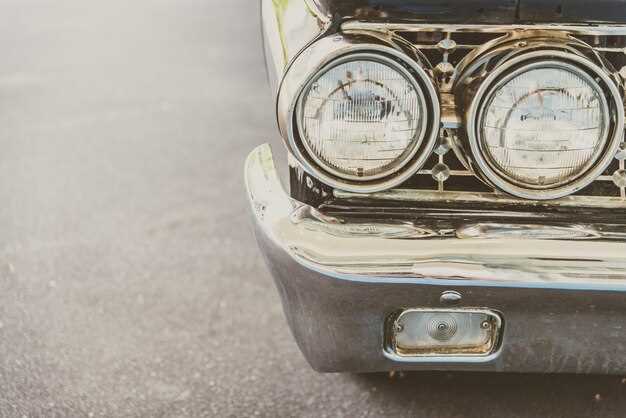
Maintaining the iconic classic Porsche is a labor of love for many enthusiasts. However, one of the most common issues that owners face is oil leaks. These leaks can not only lead to performance degradation but also pose a risk of more severe engine damage if left unaddressed. To keep your classic Porsche in peak condition, it is crucial to understand the factors that contribute to oil leaks and how to prevent them effectively.
Regular Inspections: One of the best ways to avert oil leaks is through consistent inspections. Look for signs of oil pooling beneath your vehicle or staining on engine components. Addressing these indicators early can save you from costly repairs in the future.
Proper Sealing Methods: Using high-quality gaskets and seals is essential in maintaining the integrity of your engine. Over time, seals can wear out, leading to oil leaks. Regularly replacing these components can significantly reduce the risk of oil escaping where it shouldn’t.
Maintain Engine Health: Ensuring that your engine runs smoothly and at the right temperature will help minimize oil leaks. Engine temperature fluctuations can lead to seal deterioration. Keeping proper oil levels and utilizing the right type of oil can also contribute to a leak-free experience.
By following these practical tips, classic Porsche owners can enjoy their vehicles to the fullest while effectively preventing oil leaks. Proper care and attention to detail will ensure your beloved car remains in excellent shape, preserving its performance and value for years to come.
Inspect and Replace Worn Gaskets Regularly
Gaskets play a crucial role in maintaining the integrity of oil seals within classic Porsches. Over time, these components can become worn or damaged due to heat, age, or prolonged exposure to oil. It is essential to inspect gaskets regularly to prevent oil leaks that can lead to severe engine issues.
Begin by visually checking each gasket for signs of wear, such as cracks, brittleness, or deformation. Pay special attention to areas around the oil pan, valve covers, and oil filters where leaks are most common. Any visible damage is a clear indication that the gasket needs replacement.
If you notice oil residue in areas adjacent to gaskets, it could indicate that they are no longer providing an effective seal. In these cases, replacing the worn gaskets promptly will help maintain oil levels and prevent further leakage. Using high-quality replacements tailored for your specific Porsche model ensures a proper fit and long-lasting performance.
Regular maintenance of gaskets not only preserves engine oil integrity but also enhances the overall reliability of classic Porsches. By making a habit of this inspection, you can enjoy your driving experience without the worry of unexpected oil leaks affecting your vehicle’s performance.
Identify Common Leak Sources in Classic Porsche Models

Classic Porsches are renowned for their performance and engineering excellence, but aging components can lead to oil leaks if not properly maintained. Understanding the common sources of these leaks is essential for keeping your vehicle in optimal condition.
One frequent area for oil leaks is the valve cover gasket. Over time, the rubber or cork material can deteriorate, causing oil to seep out. Inspecting and replacing this gasket as needed is a straightforward maintenance task that can prevent leaks.
The oil pan gasket is another critical component. This gasket seals the oil pan to the engine block, and as the vehicle ages, it may compress or crack, leading to leaks. Regularly checking for oil residue around the oil pan will help identify any issues early on.
Additionally, the rear main seal is a significant source of leaks in classic Porsche models. This seal is located at the back of the engine, and when it fails, oil can leak into the flywheel area. Replacement of this seal requires considerable labor, so it’s critical to address any signs of leakage promptly.
Don’t overlook the oil cooler and its associated lines. These components can develop leaks due to corrosion or wear over time. Regular inspection for wet spots around the oil cooler will ensure that any leaks are caught before they become a larger issue.
Lastly, be aware of the oil filter and its connections. A loose filter or a damaged O-ring can lead to significant oil loss. Tightening the filter and replacing it during oil changes helps maintain a secure seal.
By identifying and addressing these common leak sources, you can effectively minimize oil leaks in your classic Porsche, ensuring it remains a joy to drive for years to come.
Maintain Proper Engine Temperature to Reduce Oil Dilution

Maintaining the correct engine temperature is crucial for preventing oil dilution in classic Porsches. When the engine operates at an optimal temperature, the oil remains at its ideal viscosity, ensuring that it effectively lubricates the engine components. Excessive heat can lead to the breakdown of oil, while insufficient heat can cause unburned fuel to mix with the oil, compromising its integrity.
One key factor in achieving stable engine temperatures is ensuring that all gaskets are in good condition. Worn or damaged gaskets can lead to coolant leaks and other issues that may disrupt the temperature balance within the engine. Regularly inspect and replace gaskets as necessary to maintain an effective seal and promote efficient engine operation.
Additionally, monitoring the cooling system can help prevent overheating. Ensure that the radiator is clean, the coolant levels are adequate, and the thermostat is functioning properly. A well-maintained cooling system not only supports proper engine temperature but also minimizes the risk of oil being diluted by fuel, thus prolonging the life of the engine and its oil. Regular oil changes with high-quality oil can further enhance performance, providing better protection against dilution and ensuring that your classic Porsche runs smoothly.
 Skip to content
Skip to content





